Across campuses in Nigeria, something bigger than a party is taking shape. Student-led festivals are fast becoming more than entertainment, they are evolving into powerful cultural moments where music, tech, and youth identity collide. With no need for stadium-sized venues or celebrity-packed lineups, these gatherings are driven by the raw energy of students eager to connect, create, and be seen.
For today’s undergraduates, especially in urban universities, these events offer more than just a break from classes. They are social playgrounds where rising artists debut new sounds, dance trends take off, and digital content is made in real-time. Here, the line between audience and performer blurs, everyone becomes part of the story. And increasingly, brands are beginning to take notice.
What used to be casual parties are now well-orchestrated festivals, drawing thousands of students and tapping directly into the pulse of Gen Z culture. From coordinated crew entries and skit-maker cameos to pop-up booths and viral dance challenges, these events showcase the creative confidence of young Nigerians.
A recent example is the Music & Games Festival held at the University of Lagos (UNILAG), hosted by popular hypeman and alumnus Big Bimi. The event drew an overwhelming student crowd and quickly transformed the UNILAG Sports Complex into a high-energy celebration of music, games, and community. Performances from rising stars like Shoday and Fola, alongside DJs and dynamic dance acts, kept the crowd buzzing from start to finish.
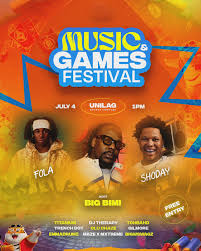
But it wasn’t just about the music. Branded experiences like MTN Nigeria’s interactive booth added an extra spark to the day. Students gathered at the vibrant stand for games, dance videos at the Wow Booth, and giveaways that included branded power banks, headsets, and hand fans. It was a space not just for fun, but for creative expression, amplifying the kind of content young people love to share.
These campus festivals reflect a cultural shift: young people are no longer waiting for mainstream platforms to validate their presence. They are building their own stages, on campus, on their phones, and on social media.
For brands, this is more than an engagement opportunity. It’s a front-row seat to the evolution of youth culture in real time. And for students, these events are a reminder that their voices, talents, and stories matter, right here, right now.
As more universities host similar experiences, it’s clear that the future of Nigerian entertainment and cultural influence may be shaped not just by what happens in clubs or arenas, but by what starts on campus grounds.

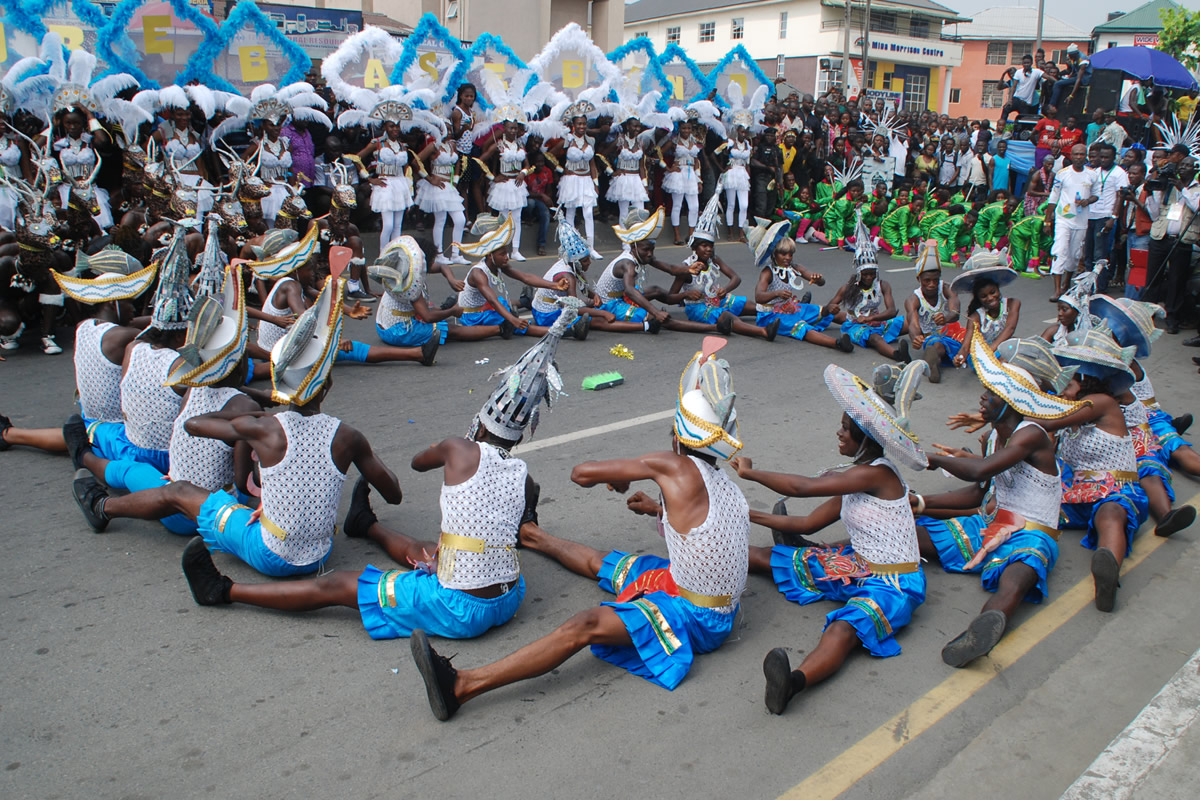

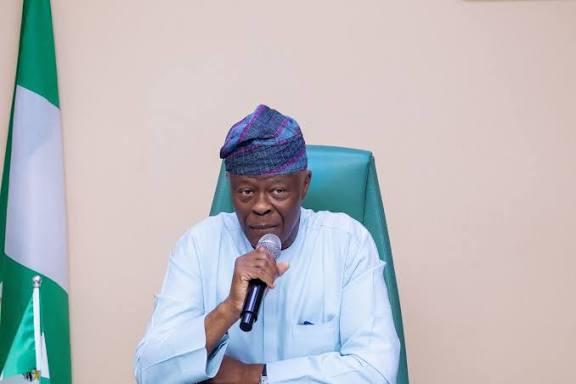
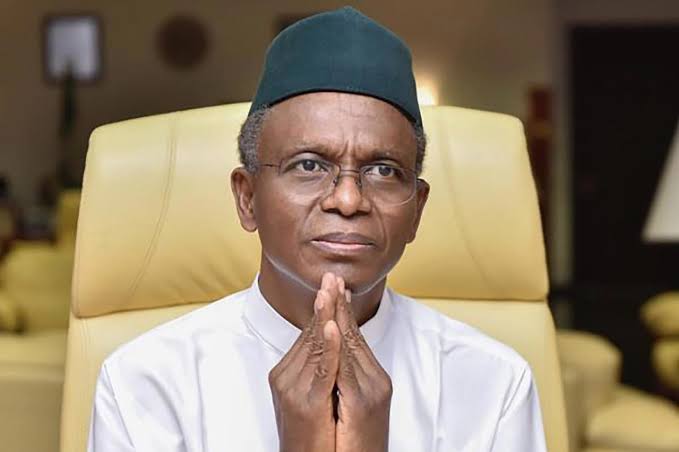
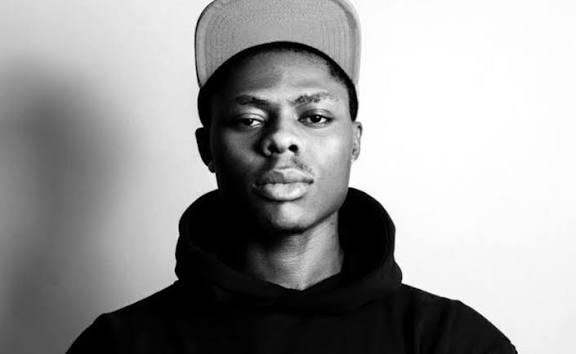
Leave a Reply